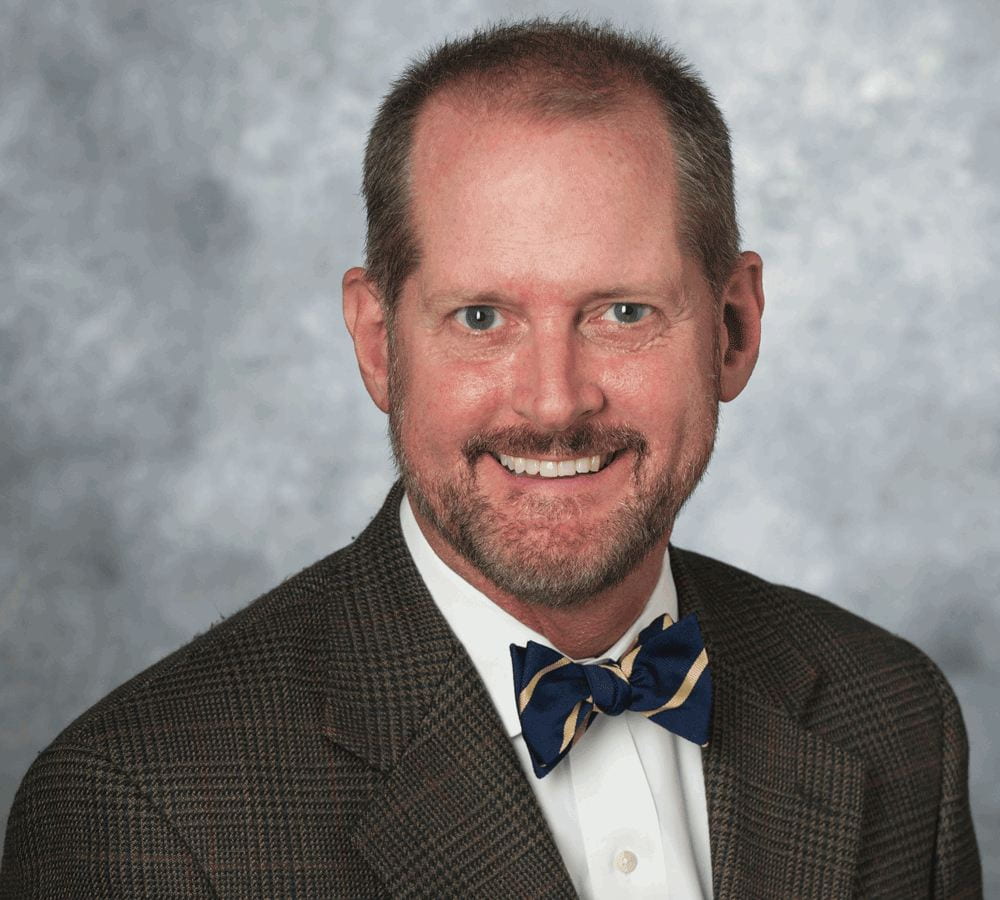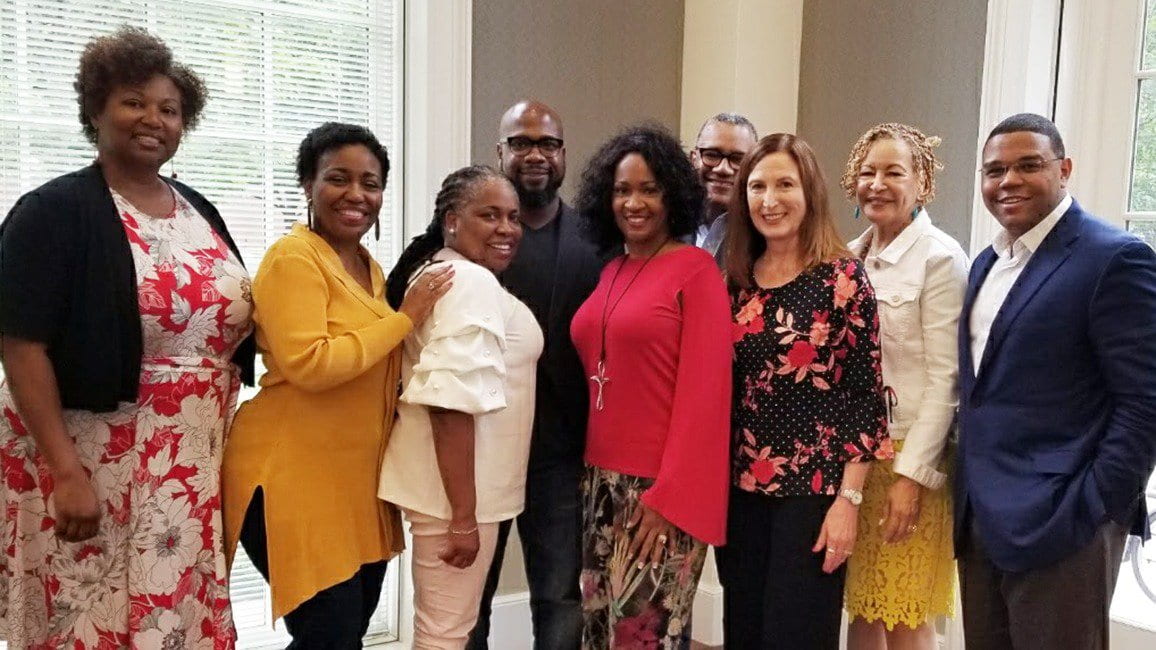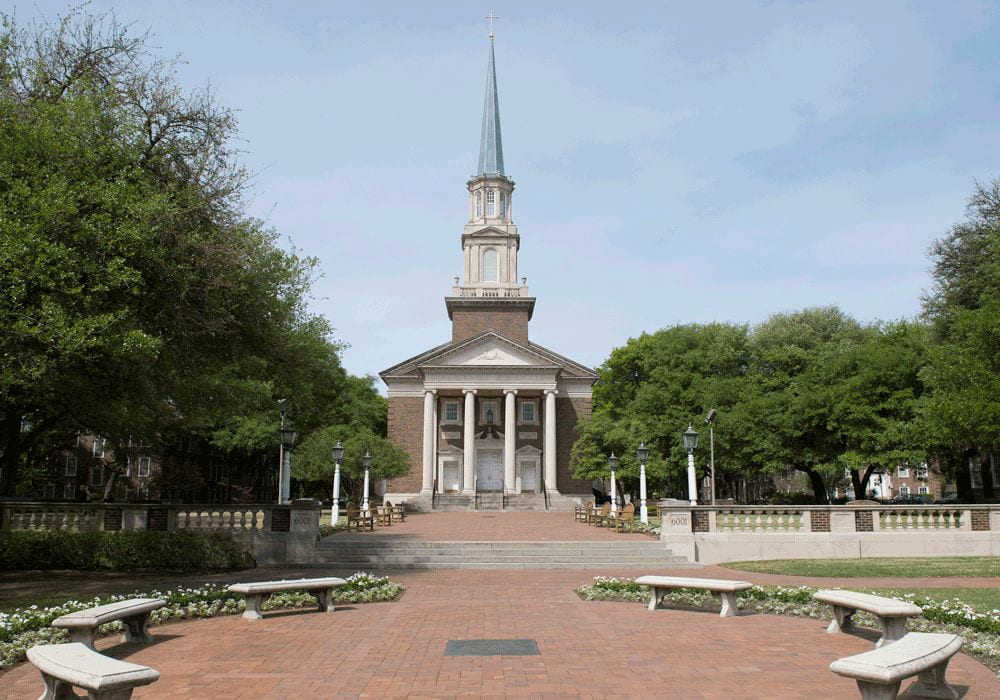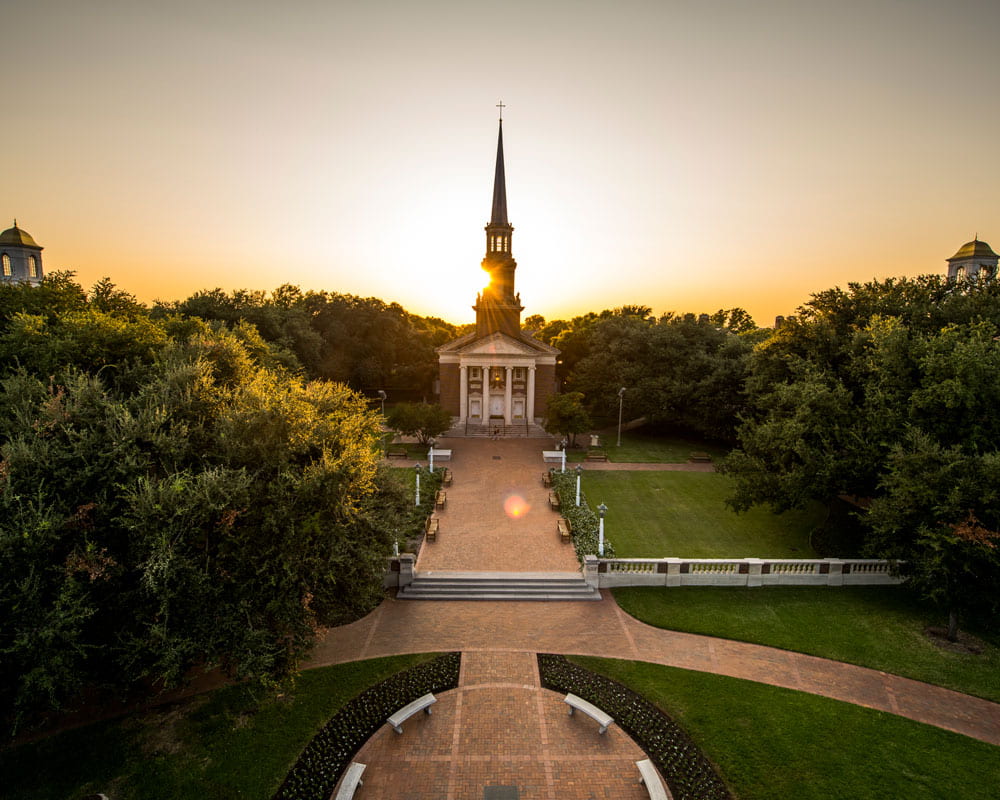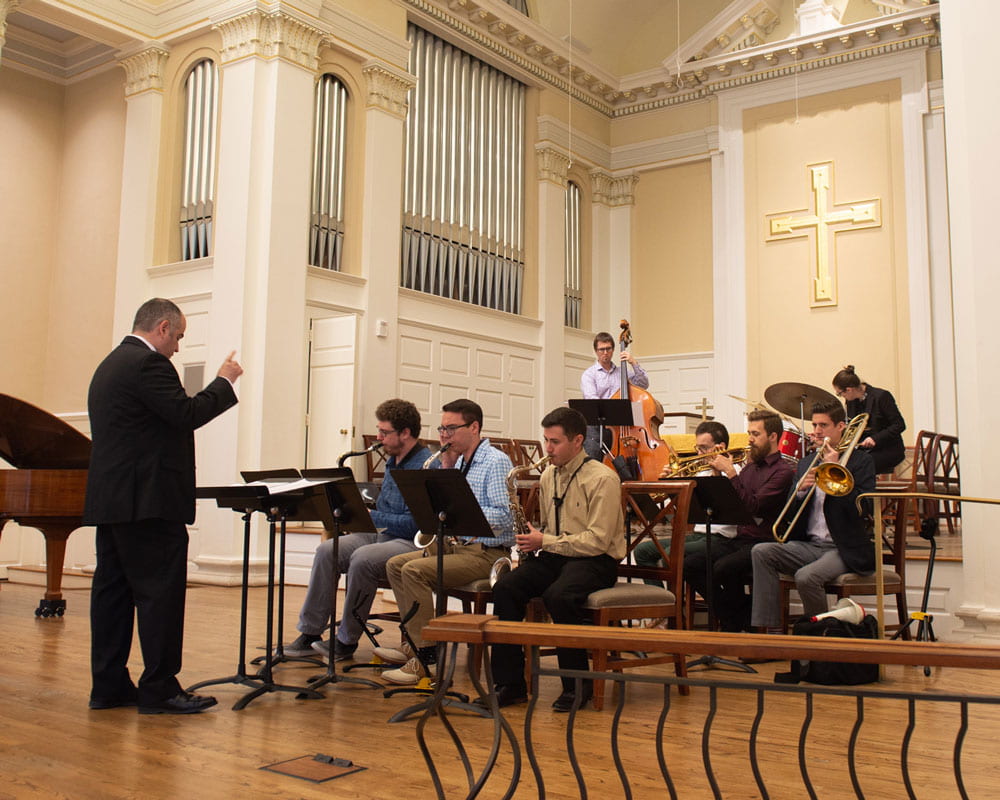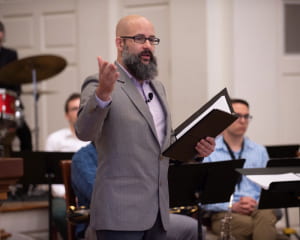Summer’s here, and Roy Heller is heading to camp.
 As he has for the past 13 years, Heller will spend the summer serving as chaplain of Camp O-AT-KA, an overnight camp on the shores of Sebago Lake in southern Maine. The 114-year-old camp is the oldest continuously run residential camp for boys in the United States.
As he has for the past 13 years, Heller will spend the summer serving as chaplain of Camp O-AT-KA, an overnight camp on the shores of Sebago Lake in southern Maine. The 114-year-old camp is the oldest continuously run residential camp for boys in the United States.
O-AT-KA is not religiously affiliated, and Heller likes it that way.
“Being there at the camp makes me think more deeply, to ask, ‘What are those things at the core? What does it really mean to be a Christian?’” he said. Providing spiritual guidance to campers who are not religious, he added, pushes him to remember what Christian faith means at its most elemental level: compassion, service, being true to oneself.
The camp is just one way that Heller ventures outside the walls of Perkins. For the past seven years, he’s also been teaching a Bible study, Old Testament 101, on Sundays at the Episcopal Church of the Transfiguration in Dallas. “We’re meandering our way through the Bible,” he said. “It’s a class of about 70-100 people, and it’s wonderful and lifegiving. Teaching the class has given me the opportunity to share my appreciation of the beauty and literary depth of Scripture.”
In 2018, Heller published a book, The Characters of Elijah and Elisha and the Deuteronomic Evaluation of Prophecy: Miracles and Manipulation as part of The Library of Hebrew Bible/Old Testament Studies series.
Currently, he is easing into a new responsibility, as the new director of the Graduate Program in Religious Studies at SMU. Most students in the program aim for careers in academia, but he’s hoping to expose them to other career options as well.
“If there aren’t openings for someone with a Ph.D. in Medieval Theology, are there other ways they can use the skills they gained, perhaps working in libraries or museums?” he said. “I think there may be other ways to use that specialized knowledge, besides being a professor.”
Teaching Specialties
Old Testament/Hebrew Bible, Biblical Hebrew
Research Interests
Biblical Hebrew grammar and syntax, narrative criticism, rhetorical criticism, prophecy, ambiguity in literary texts
Favorite Bible Verse
The central theme Heller always comes back to is in Genesis 12:3 (NRSV), the call of Abraham, which says, “in you all the families of the earth shall be blessed.” Says Heller: “The whole reason why God calls Abraham is so that all the families of the earth will be blessed.” The verse provides a criterion for weighing beliefs, doctrines and interpretation of Scripture. “If it does not lead me toward wanting to extend blessing to everybody, it is a wrong interpretation. That universal blessing of God, hinted at in the Abraham story – that’s the goal from the beginning.”
Book on the Nightstand
Heller keeps a copy of a lifelong favorite, Charles Dickens’ A Christmas Carol, by his nightstand and rereads it often. With its messages of redemption, transformation and forgiveness, he said, “If they ever re-open the biblical canon and we get to suggest new books, I want to add A Christmas Carol.”
Fantasy Dinner Party
Heller would invite just one person, Abraham Lincoln, to his dinner. “I would ask him: ‘What is most important in life?’” he said. “I would want to get behind the politics and the history. Lincoln was very political but extremely philosophical and religious in his own way. He lived through some horrible things, both with his family and as a leader, but he was an incredibly deep, thoughtful man. I would want to know how he was able to center himself.”
Family
Wife, Amy, and two children: Noah, 23, who recently graduated from SMU, and Anne, 19, who will attend SMU in the fall.
Something Most People Don’t Know About Him
Heller is a fifth-generation native Texan. His great-great-great grandfather came to Fayette County (between San Antonio and Houston) in what was then the Republic of Texas. “People are surprised, I think, because I don’t have a Texas accent,” he said. “When I was a child, I had a horrible speech impediment and did speech therapy for many years, and that’s why I learned to speak the way I do.”
Signature dish: “I make a mean meatloaf,” he said. (The secret ingredient? Gelatin.)
Question he’d ask at the Pearly Gates: Heller’s favorite movie is “It’s a Wonderful Life,” and he’d like to have a glimpse of his life similar to the one given to George Bailey. “I’d like to know: What difference did my life make, positively or negatively?” he said.
Personal spiritual practice: Heller walks his dog, Galahad, a Rhodesian Ridgeback, twice a day, 30 minutes in the morning and 30 minutes in the evening. “It gets me outside. It’s a time to appreciate nature. I let my mind wander and wonder, which to me, is what prayer is.”
